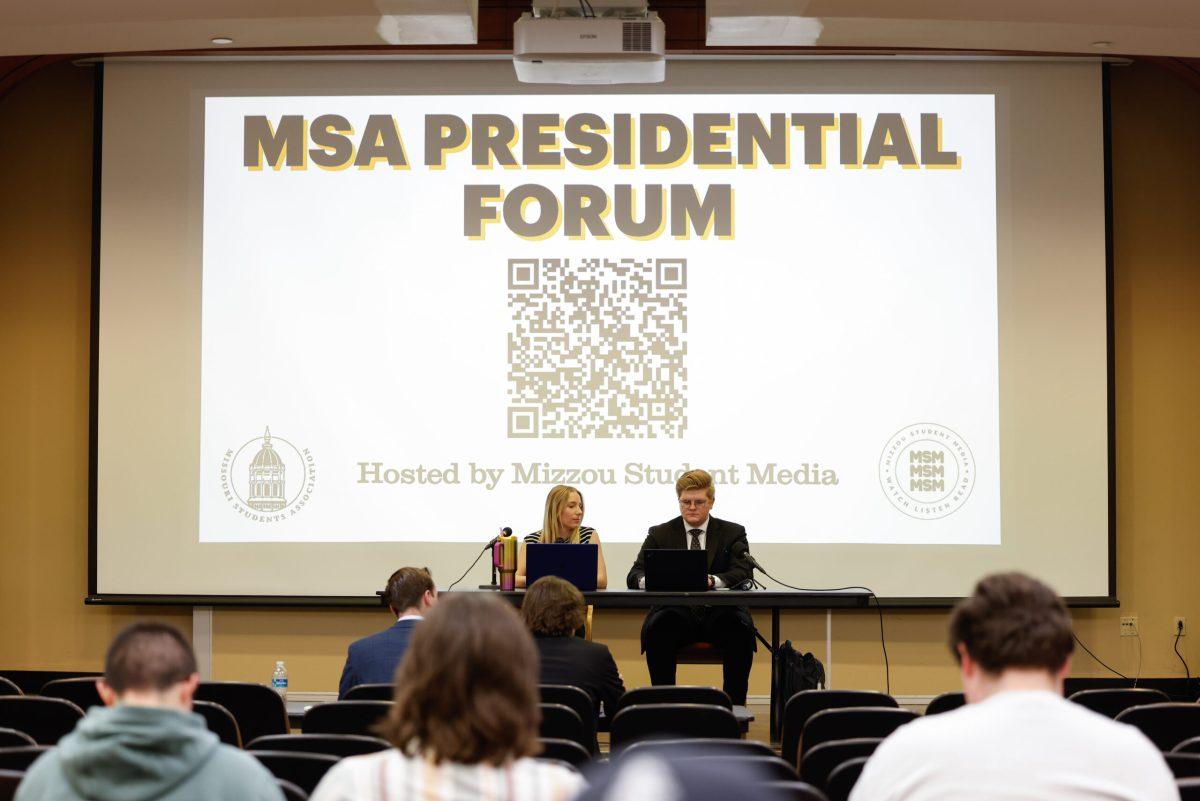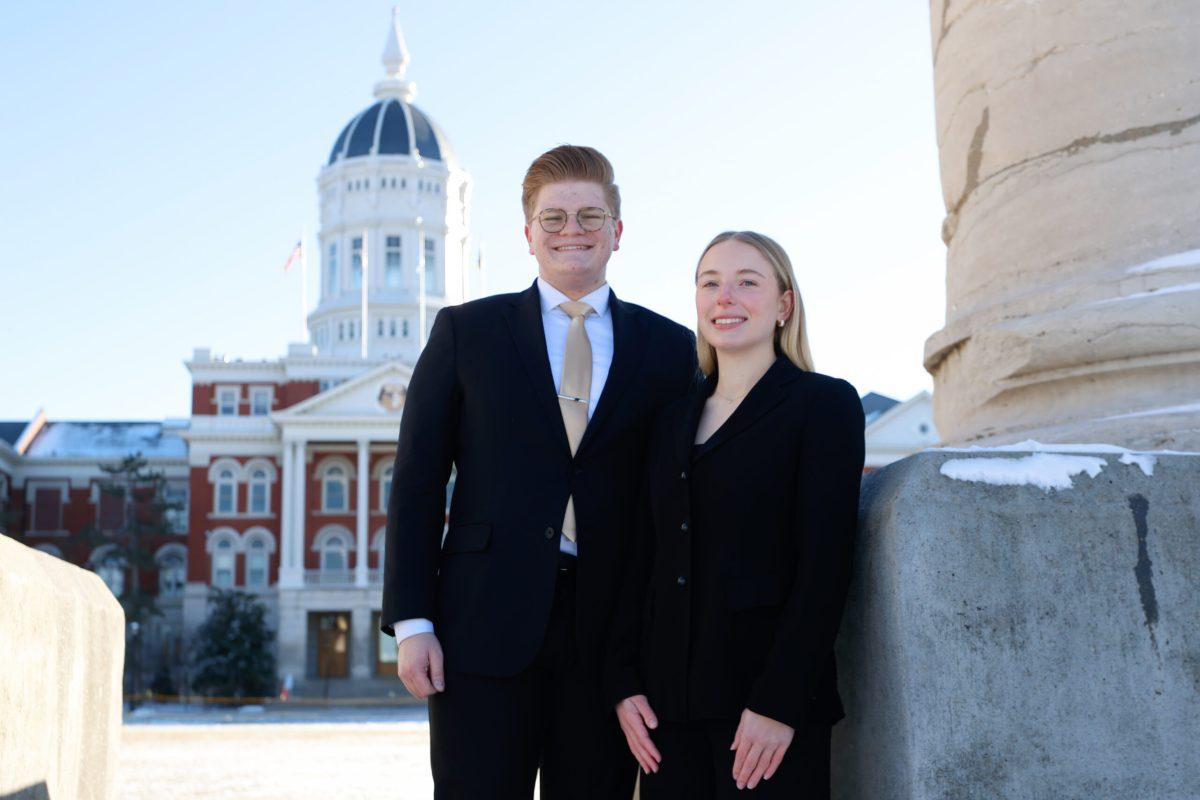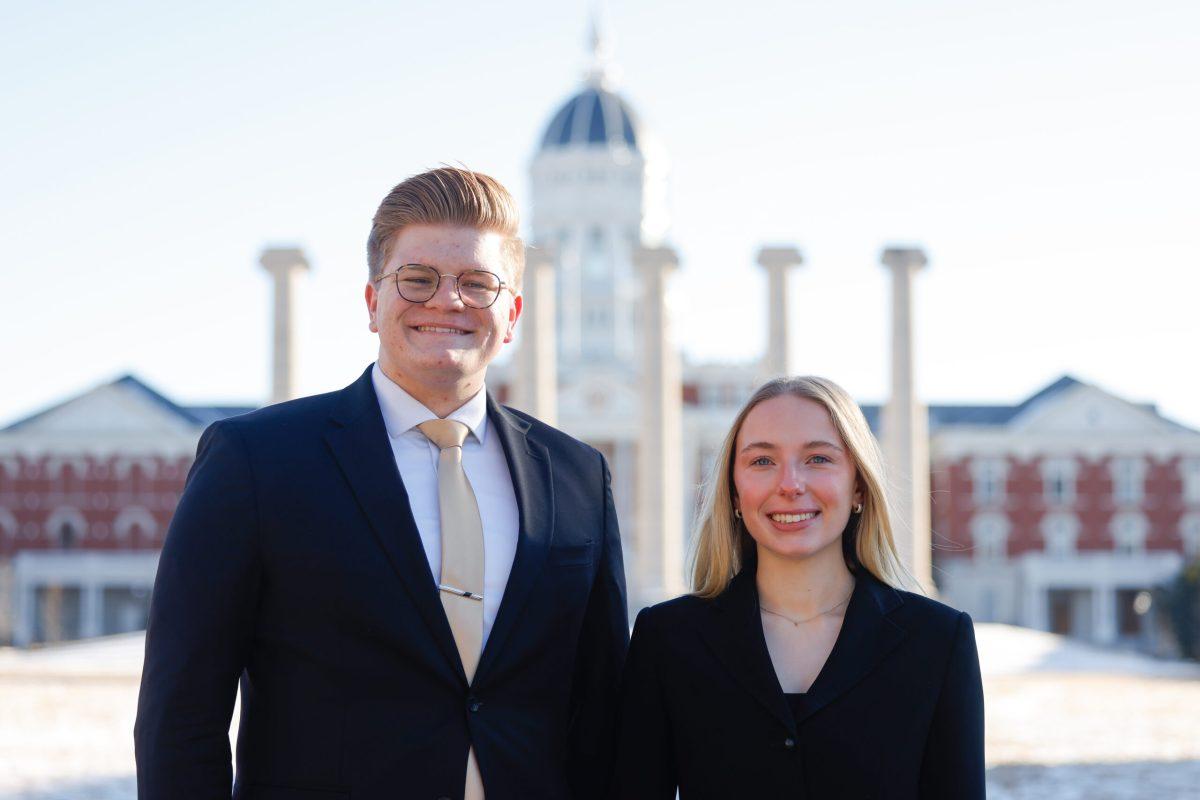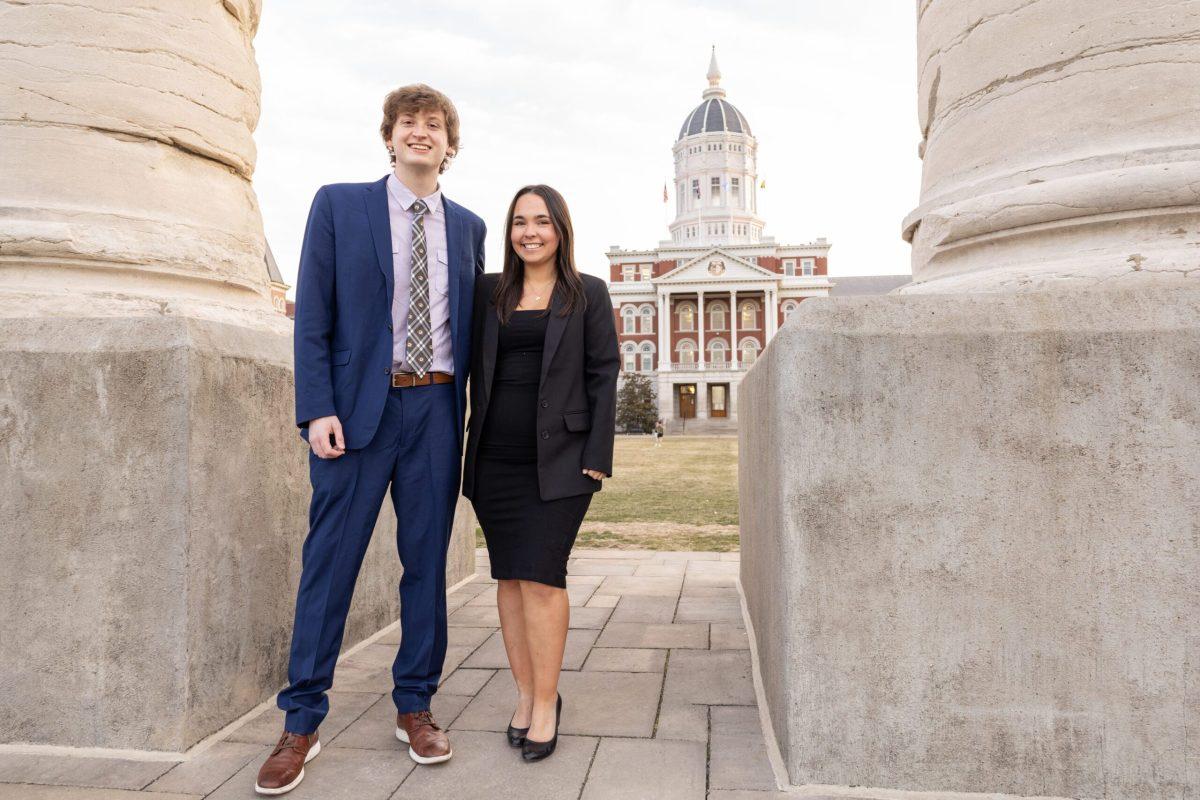By Teagan King
One month after two MU students organized a vigil at Speakers Circle to remember the victims of shootings in the Atlanta area, they and other Asian students hope to continue the conversation about racism against Asians in the United States.
The shootings took place on March 16 at three different spas in the Atlanta area. Eight people were killed, six of whom were women of Asian descent.
Amy Schaffer, a freshman journalism major, and Kevin Duong, a freshman business major, worked together to organize the vigil, which took place on March 19. They noticed a lack of response to the shootings from anyone in Columbia, so they felt something must be done to honor the victims.
Schaffer said she felt angered and frustrated by the silence from the MU administration. She was bothered by how they did not address the shootings, especially on social media, where posts from MU continued to focus on topics like St. Patrick’s Day and spring weather.
Duong voiced similar concerns over MU’s silence. He said his mother owns a nail salon and continuously faces prejudice, so the shootings hit very close to home for him.
Duong said the idea for the vigil was very spur-of-the-moment, as the two suggested it at that week’s Asian American Association meeting. Then, they shared information on Instagram about the event, where it quickly picked up traction. Duong and Schaffer were able to organize the vigil in under 24 hours.
Schaffer said she felt a mixture of emotions at the vigil. She found comfort in seeing so many people from AAA come together in person to share their stories, yet was saddened that it took a tragedy for them to spend time together in person for the first time this school year.
“I don’t think I could have ever anticipated the amount of soul that people poured out onto Speakers Circle that night,” she said. “Everyone spoke so beautifully, and I just couldn’t have imagined a better… bittersweet moment.”
Duong said he hopes the vigil inspired those present to get more involved in activism and educated them with a new perspective on racism against Asians in the United States.
While both Schaffer and Duong said the turnout was much higher than they’d ever expected, they still felt disappointed that only about slightly over 50 students attended. They both wished more MU students were aware of the issue of racism against Asians in the U.S.
Schaffer also felt angry that the responsibility fell upon students to educate others on this issue.
“I feel like I shouldn’t have been the one responsible for organizing a candle lighting,” Schaffer said. She wanted to see MU or other Columbia community members take action to acknowledge the shootings, instead of leaving it to students.
“I just want them to know that they need to do better — they should do better,” Duong said regarding MU administration’s silence.
Both Duong and Schaffer hope to continue advocating for better treatment of Asians and Asian Americans in the United States, and they believe continued education and conversations with friends and family will help combat racism.
Two other students are also working on spreading more knowledge about Asian American and Pacific Islander issues. Moy Zhong and Kolby Arimoto, both sophomore journalism students and AAA members, started working on Asian Pacific Islander Desi American stories for their journalism classes because they were frustrated by the nature of the local coverage surrounding the vigil and Atlanta shootings.
“I hope it helps people be willing to open up and talk about these issues,” Zhong said.
Both referenced how there was little coverage from local news outlets about the Atlanta shootings and the vigil held at Speakers Circle. A vigil had also taken place at Columbia City Hall that same night. Arimoto and Zhong felt that some news outlets struggled with their coverage of both vigils by confusing or combining information about the two separate events.
Arimoto and Zhong hope their project will expand beyond their classes to cover other stories about the Asian community and will eventually be published by local publications. Currently, they are collecting information from community members and experts to incorporate into their future stories.
Arimoto is currently writing about dismantling the model minority myth to help connect all of the facets of it and how it pertains to Columbia. So far, he has talked to several experts about how the model minority myth affects Asian Americans and how pop culture and local newspapers perpetuate the myth.
Zhong’s current story for the project covers a petition started by Chinese international students at the beginning of the school year regarding xenophobic attacks they experienced. They sent the petition to MUPD in hopes of receiving support with resources like a xenophobia hotline, but Zhong said MUPD has not supported long-term efforts to provide resources for Asian students.
Arimoto and Zhong also plan on expanding their project beyond their two current stories and hope to collaborate with other students. Arimoto said he and Zhong are always looking for more voices to include in their project.
“Asian stories have consistently and constantly been happening, and they will continue to even after such a big crisis,” Zhong said.
Arimoto said all Asian students have individual experiences worthy of recognition.
Arimoto also wants MU to recognize this to help support Asian students. “The ideal [situation] is to have the university administration stand in solidarity with all minority groups regardless of whatever has happened to them,” he said.
Schaffer held a similar opinion, saying she wants to see “the bare minimum” from MU and that “it would be nice to feel acknowledged or important in some way.” Both Schaffer and Duong hope that MU will acknowledge the challenges their Asian and Asian American students face.
“I want the U.S. to change in a way where anyone can feel safe being in their own skin, sharing their own culture,” Duong said.
However, both Duong and Schaffer do not think this change will occur until a cultural mindset shift takes place in the United States. They believe this mindset requires people to continue recognizing racism and holding conversations about it.
Duong and Schaffer hope to continue education and discussion by holding future leadership positions in AAA. Both said education must extend past simply posting on social media.
Zhong and Arimoto echoed this sentiment and hope that as their project grows, their reporting can help accomplish this.
_Edited by Joy Mazur | [email protected]_













